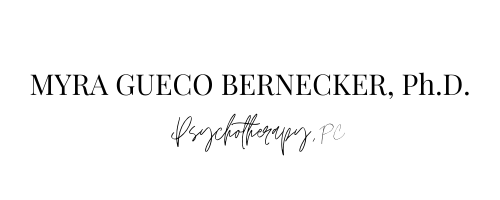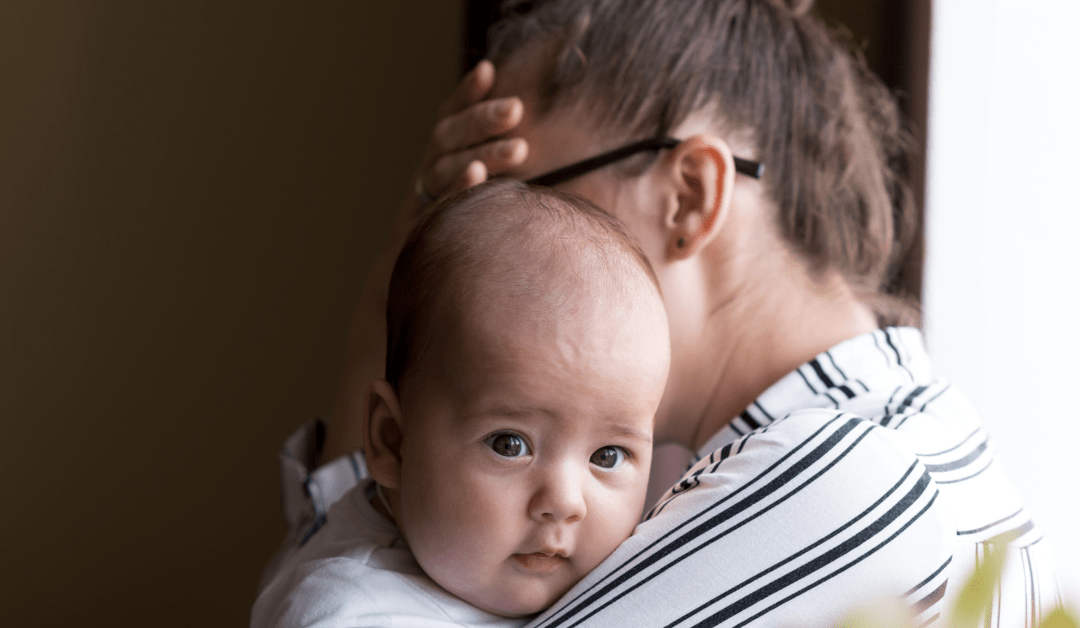Anxiety and depression as a mom affects millions of mothers around the world. If you feel sad, low, or hopeless from time to time, especially during difficult or painful life situations, that’s totally normal and you haven’t got much to worry about. But feelings of sadness and emptiness that last for longer than 2 weeks can suggest depression, especially when positive events or the things that used to make you happy don’t seem to have any impact on your mood and these feelings are affecting you daily at work, home, school, or in your free time.
Most people also experience some anxiety from time to time, like feelings of fear, nervousness, and worry. Anxiety is part of how you respond to stress. But if you experience these feelings on most days for months on end, you could be suffering from an anxiety disorder. (source)
All moms experience the feeling of anxiety when they bring a child into the world. But learning to manage depression and anxiety is important to bring out your best as a mom. If we can’t handle the stress that comes with the job, it can affect our energy and the ability to function healthily. Mom anxiety affects not only us, but our kids too. It’s hard for kids to live with a parent who has anxiety. So for our own sake and for our kids, we need to do our best to live with it.
But living with anxiety, depression or both can make the stresses of life seem unbeatable, which of course includes parenthood as well. They can impact many activities of being a mom. Even the simplest of activities, like reading a storybook to your child at bedtime. As a depressed mom, you may not be as lively or as expressive when reading. Isolation that may occur for you and your child, which is one of the largest impacts, limiting the social networks of both mom and child.
Some moms may experience what’s known as “mom guilt”. This refers to specific feelings of guilt moms experience, as they worry that their feelings of anxiety and depression prevent them from properly tending to their child’s needs. As a mom, you are often the ones that society holds to the highest of standards, therefore the feelings of guilt tend to be more common among women with children. (source)
Then there’s postpartum depression. It’s an intense, long-lasting depression that occurs after childbirth that can develop into major depression if left untreated. It affects your mood, behaviors, and physical health, all of which impact your newborn and family. It can leave you feeling isolated and unable to emotionally connect with your baby, and unfortunately it’s a type of depression experienced by one in seven moms everywhere. (source)
But depression and anxiety can be challenged and treated. You’re not alone, and many other moms are going through the same issues as you. We’re here to help you and provide some holistic perspectives to help you deal with anxiety and depression as a mom.
If you know a thing or two about the conventional methods like medication, you may or may not have looked into holistic approaches as an alternative. Reason often being, is that these conventional approaches treat anxiety and depression as though they are the problems in and of themselves, rather than the symptoms of an underlying imbalance in the whole person.
The medical perspective refers to depression and anxiety as a mom to be a chemical imbalance and therefore attempts to treat said imbalance with prescribed pharmaceuticals. But from the Jungian point of view, psychological suffering is actually a signal that something in our whole life is out of balance, and that anxiety and depression affects the whole person: psycho-spiritually, physically, mentally, and physiologically.
Believing that it is simply a chemical imbalance is a good way to fall victim to the misconception of the mind/body split. When we suffer, that suffering expresses itself at every level; because we are whole beings.
It manifests not only in our mental state, but at every level.
Talk therapies can break down ineffective reactions and thought patterns to help you separate your true self from the destructive thoughts and feelings that come with anxiety and depression. Becoming aware of your destructive patterns, then practicing and experiencing newer healthier ones is part of the healing process. Also exploring your unconscious through dream work and Sandplay are useful in bringing a deeper understanding of what is out of your awareness into your awareness, which can lead to healing.
Other ways to get to the core of these states is through meditation, yoga, or depth therapy. You begin with the mood itself. If depression feels dark, then enter that feeling of darkness. If anxiety feels like fear, then enter the feeling of that fear. It’s important not to attach judgement or external meaning to your feelings, for example lost jobs, broken relationships, chemical imbalances, or bad childhoods.
Move past that.
You can harness the raw energy that’s behind the anxiety or depression – that’s where the numinous experience is. Get right down to the core. Jung said “the gods have become diseases.” Seen from this perspective, anxiety or depression is an inner calling from the gods within.
Once you’re there with that energy, you have to sit with it. It can be quite difficult to bear this energy, as there’s a tremendous amount of tension in it. But stay with it, and don’t get pulled back into blaming an external cause.
You don’t have to do that alone. A therapist can be with you and support you when you are in those dark painful places.
You can reflect on these questions during your dark phases of anxiety and depression:
- Where does it come from?
- Why does it come?
- To what purpose does it happen?
- Who am I that all this should happen to me?
When you can answer the first two questions, then you know where your suffering is truly coming from and what direction you need to take. And then from there, you can learn to endure it until your suffering breaks open and reveals its healing qualities. This will answer the next two questions. (source)
If you are a mom experiencing anxiety or depression, you need to feel everything that you’re feeling instead of piling it with pills. Sure, they will help, but at what cost? Our feelings are there, and although we can shove them under the sofa for a while (which often seems like the easiest option), it does not solve our problems – and they will be back, so getting to the root of the problem and allowing ourselves to feel will lead us to the solutions we need.
Sources:
Holistic/Jungian approach to depression and anxiety
https://counselinginzurich.com/anxiety-depression-jungian/
Depression
https://www.yalemedicine.org/conditions/how-parental-depression-affects-child
https://www.choosingtherapy.com/postpartum-depression/
https://www.choosingtherapy.com/mom-guilt/
https://www.healthline.com/health/depressed-mom
https://www.healthline.com/health/parenting/sleep-and-mental-health-for-parents
https://www.who.int/news-room/fact-sheets/detail/depression
https://www.ncbi.nlm.nih.gov/books/NBK519070/
Anxiety
https://www.nami.org/Blogs/NAMI-Blog/February-2019/Being-a-Parent-When-You-Have-Anxiety
https://www.choosingtherapy.com/parental-anxiety/
https://messyyetlovely.com/deal-with-motherhood-anxiety/
https://www.whattoexpect.com/first-year/postpartum-health-and-care/postpartum-anxiety/
https://yourteenmag.com/health/teenager-mental-health/anxiety-in-moms
Sometimes that’s easier said than done. If you’re interested in working with a professional licensed Psychologist in California, schedule a consultation with Dr. Bernecker today
Article Sources:
https://www.psychedmommy.com/blog/good-enough-mother
https://www.firstfiveyears.org.au/lifestyle/coping-with-parental-burnout-and-stress
https://www.todaysparent.com/family/parenting/good-enough-parenting/
https://www.seleni.org/advice-support/2018/3/14/the-gift-of-the-good-enough-mother
Winnicott, D. W. (1965) The maturational process and the facilitating environment: Studies in the theory of emotional development. New York: International University Press

